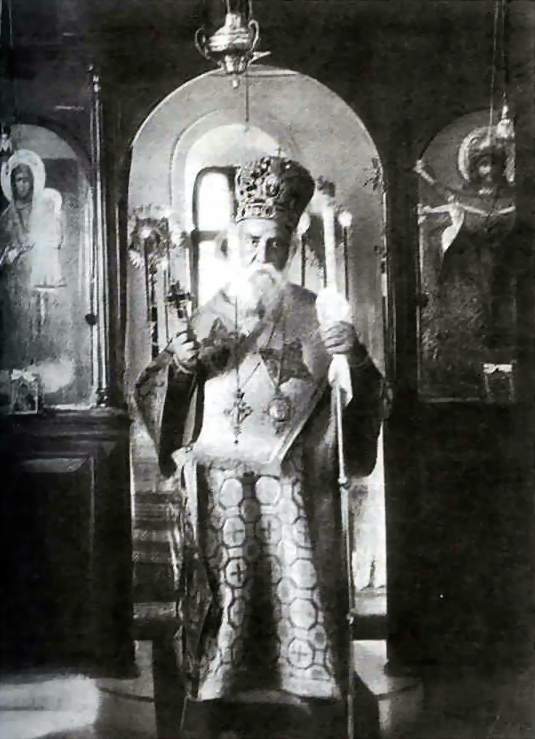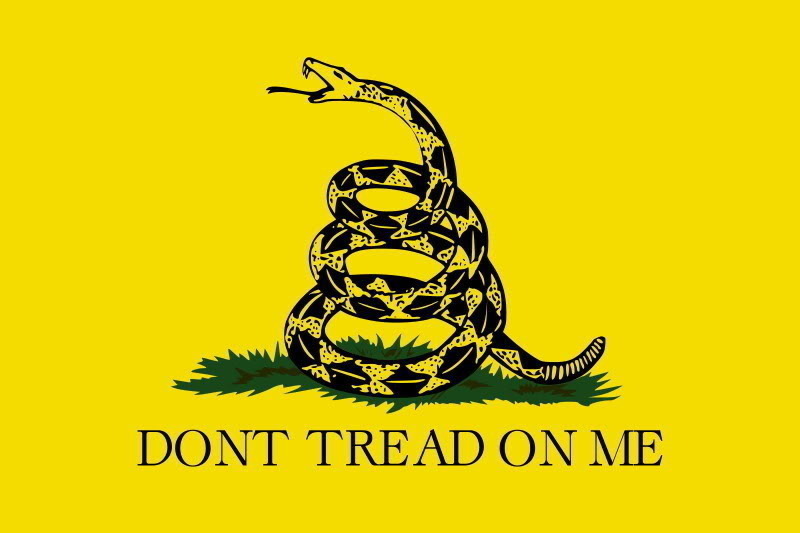 |
| Anthony Daniels |
It's been quite a few months since I first posted on Theodore Dalrymple's (real name: Anthony Daniels) book, Spoilt Rotten!: The Toxic Cult of Sentimentality. As promised, what follows is a second posting concerning this fantastic work. If you are not familiar with the writings of Theodore Dalrymple, I highly recommend Our Culture, What's Left of It as an introduction to his thought and writings. I expect to post on various other works of his in the future.
Spoilt Rotten!, despite the unfortunate cover art depicting either a screaming child or a child with a tattoo on his back (depending on which version of the book you see), covers far more than the topic of child-rearing and the affect of sentimentality on it; this is but a small portion of the book. More generally, the book discusses the mindset and affects of sentimentality on culture as a whole.
One of the recurring themes of this work is that sentimentality leads to brutality. This is a theme about which I have done much thinking over the years, though I could never quite understand it well enough to put it into words. The main curiosity for me, however, was this: how is it that so many people can enter a public crowd, shouting/protesting/advocating about some great social issue, seeking what they consider to be justice and love, and yet, to their neighbor - especially if their neighbor disagrees with them - they can be so vicious, unloving, and often unjust? How is it that a protester seeking the well being of a group of people in a third-world country thousands of miles away will, when confronted, shout obscenities and even physically threaten someone on the other side of the picket line? More simply, I suppose, why is it that so many who express love for "humanity" and seek what is best for it can so easily hate their neighbor?
Dalrymple's book contains many insights into these very phenomena. In speaking of the definitions given for the word "sentimentality" in various dictionaries, he writes:
The definition above misses an important characteristic of the kind of sentimentality to which I want to draw attention, namely its public character. It is no longer enough to shed an unseen tear in private over the death of Little Nell; it is necessary to do so, or do the modern equivalent, in full public view.He continues:
The public expression of sentimentality has important consequences. In the first place, it demands a response from those who witness it. This response has generally to be sympathetic and affirmatory, unless the witness is prepared to risk a confrontation with the sentimental person and be accused of hardness o heart or outright cruelty. There is therefore something coercive or bullying about public displays of sentimentality. Join in, or at least refrain from criticism. (83)
For those who do not join in, then, or openly criticize some aspect of the public displays of sentimentality, threats are not only uncommon; they are seen as just expressions of those who really care. Dalrymple gives plenty of examples of this throughout his book, but I think any observer of human behavior in our modern culture would be unable to deny the truth in this.
I remember, for instance, when I was in high school and an openly-homesexual student was attacked. He told the story of how some students attacked him from behind, hurling anti-gay slurs along with their punches and kicks. The police got involved, but because this student was not able to see his attackers, nobody was caught. Local news outlets began to characterize the school as a whole as hateful bigots. One day, in discussing these things, a classmate of mine made the comment that, based on the evidence that he had seen, the "facts" of the attack seemed unlikely; this student went so far as to suggest that the victim had actually harmed himself and made up the story. In response, indignant voices could be heard around the school stating that the boy who had expressed this opinion ought to be "beat up" for such a suggestion... and severely so.
The problem was, a couple of weeks later, the victim of the attack was attacked again... only this time, it was - unbeknownst to him - caught on a school camera. He had indeed caused his own injuries and, as the video showed, was doing it again.
The point of this story has nothing to do with homosexuality or the reality that gay students have been attacked for their sexuality; this could have been any number of unrelated scenarios. The focus, instead, is on this student who, when examining the facts, came to a correct conclusion. His conclusion, however, went against the grain of public sentimentality, and no matter how much the facts seemed to align with his conclusions regarding what had happened, he "deserved" physical harm for not expressing the mass' concern. Thus, sentimentality lead to brutality.
The love and care so publicly expressed today for various individuals, groups, nations, or causes is conditional (and often very uninformed), and so it really falls short of true and real love. This is why such revolutionaries as we find with Marxist mentalities can believe that revolution - meant to enact a beautiful future with happiness and prosperity for all humanity - must begin with the violent overthrow and murder of all those who "stand in the way"... even if that means they just disagree with ones political opinions. Love necessarily begins with one's neighbor; until one learns to love one's neighbor, regardless of who he is or what he does, love of "humanity" will never be real. It is only a love of one's ideal conception of humanity... and that is never real in the first place.
The thing that worries me the most is that, with the advances of technology our culture has seen, especially with social networking, this dangerous sentimentality is spreading. I can't recall the number of times that I have seen Facebook status updates speaking about how "terrible" and "hateful" some public figure is for a poor joke or ____-ist (racist, sexist, etc) or "bigoted" statement was. When I grew up, I was taught to ignore small people who made small statements; to give them attention - even negative attention - didn't help me but helped them accomplish what they may have intended from the start. If I needed to respond, I would do so privately with the person who said the stupid thing or with the person who felt offended by it. Today, however, it is imperative to make a public display of our outrage... and woe to those who don't do similarly or who are critical of those who do. The message is simple: I care, and you better too... or else.
















